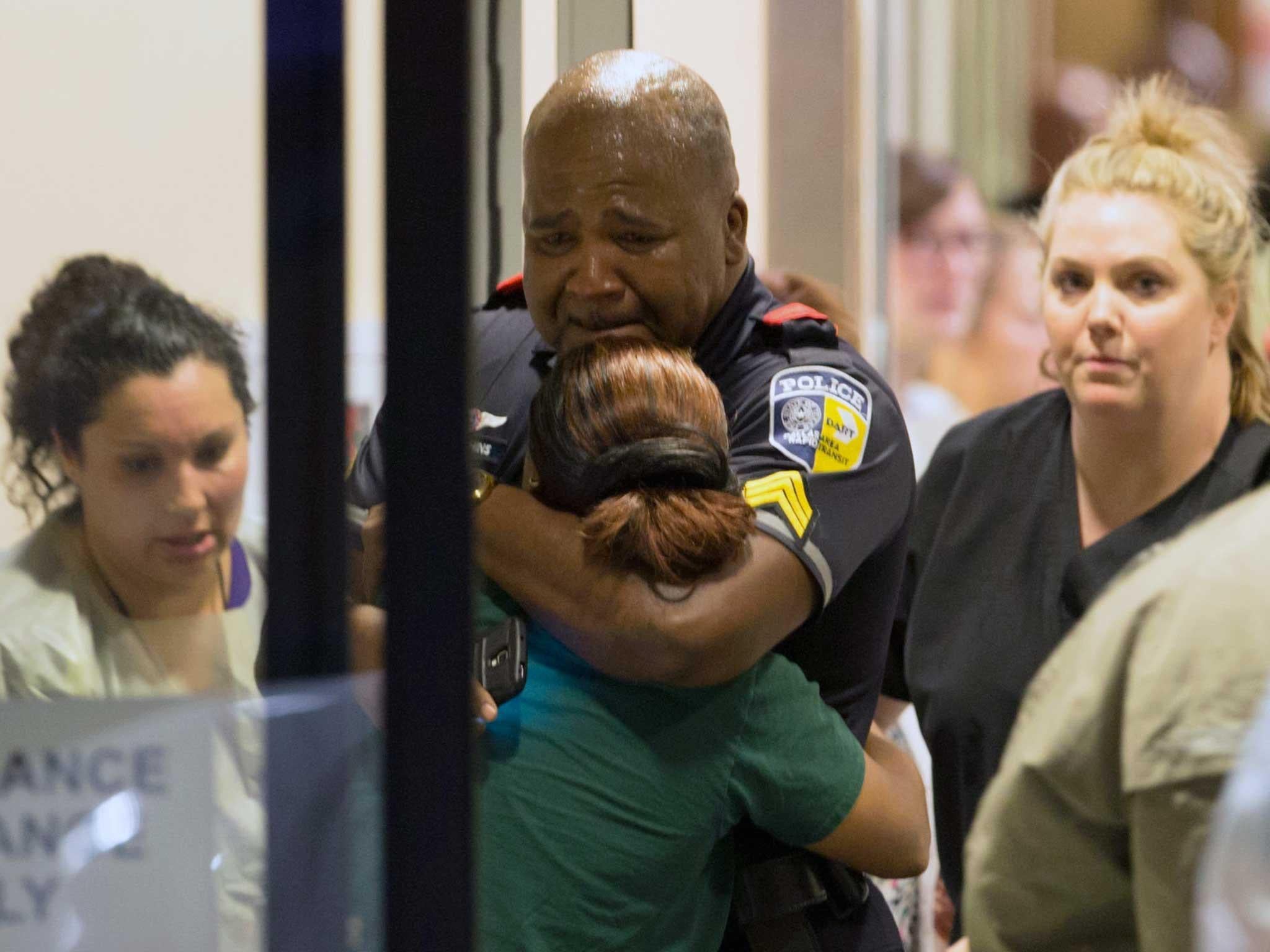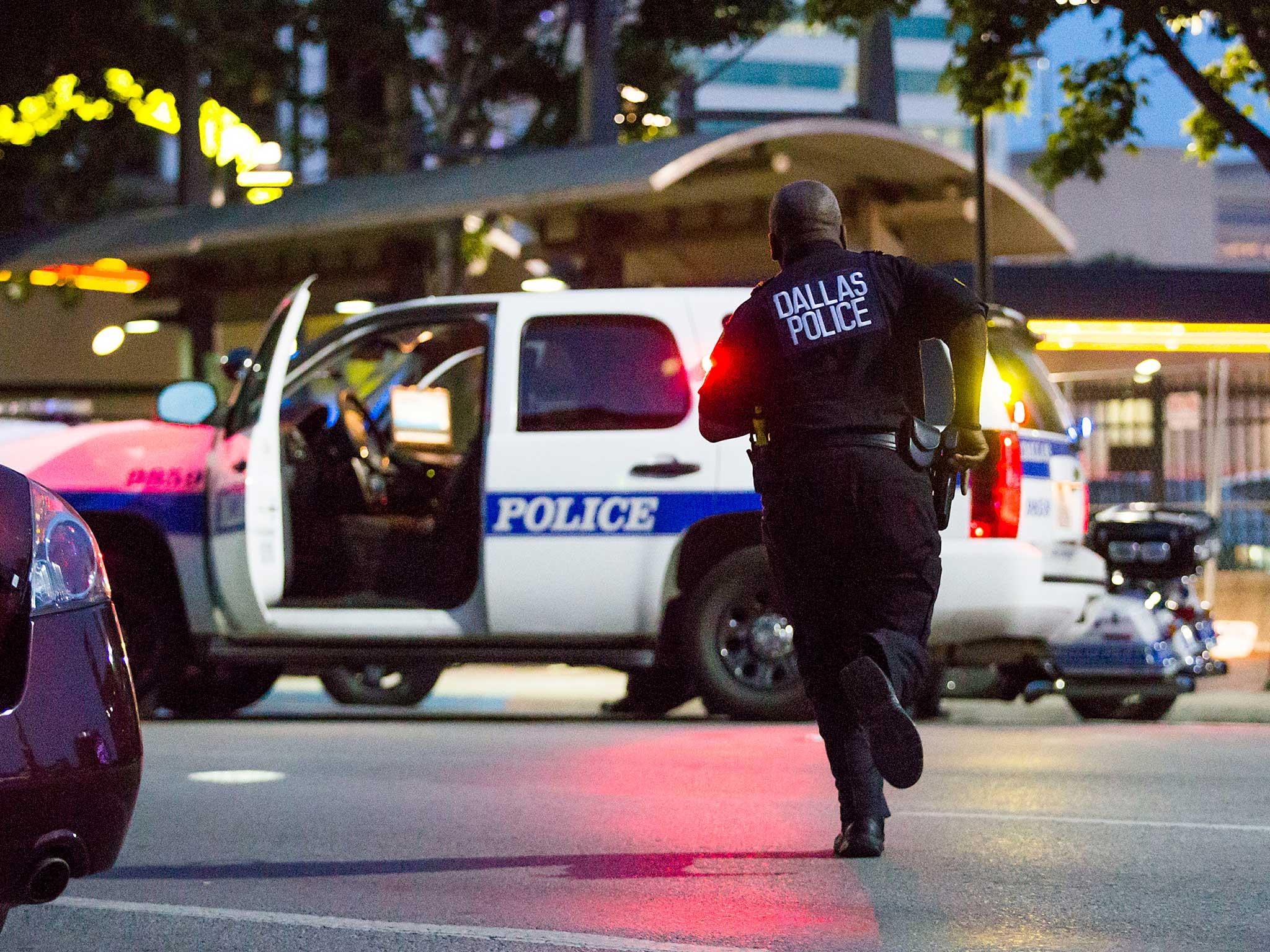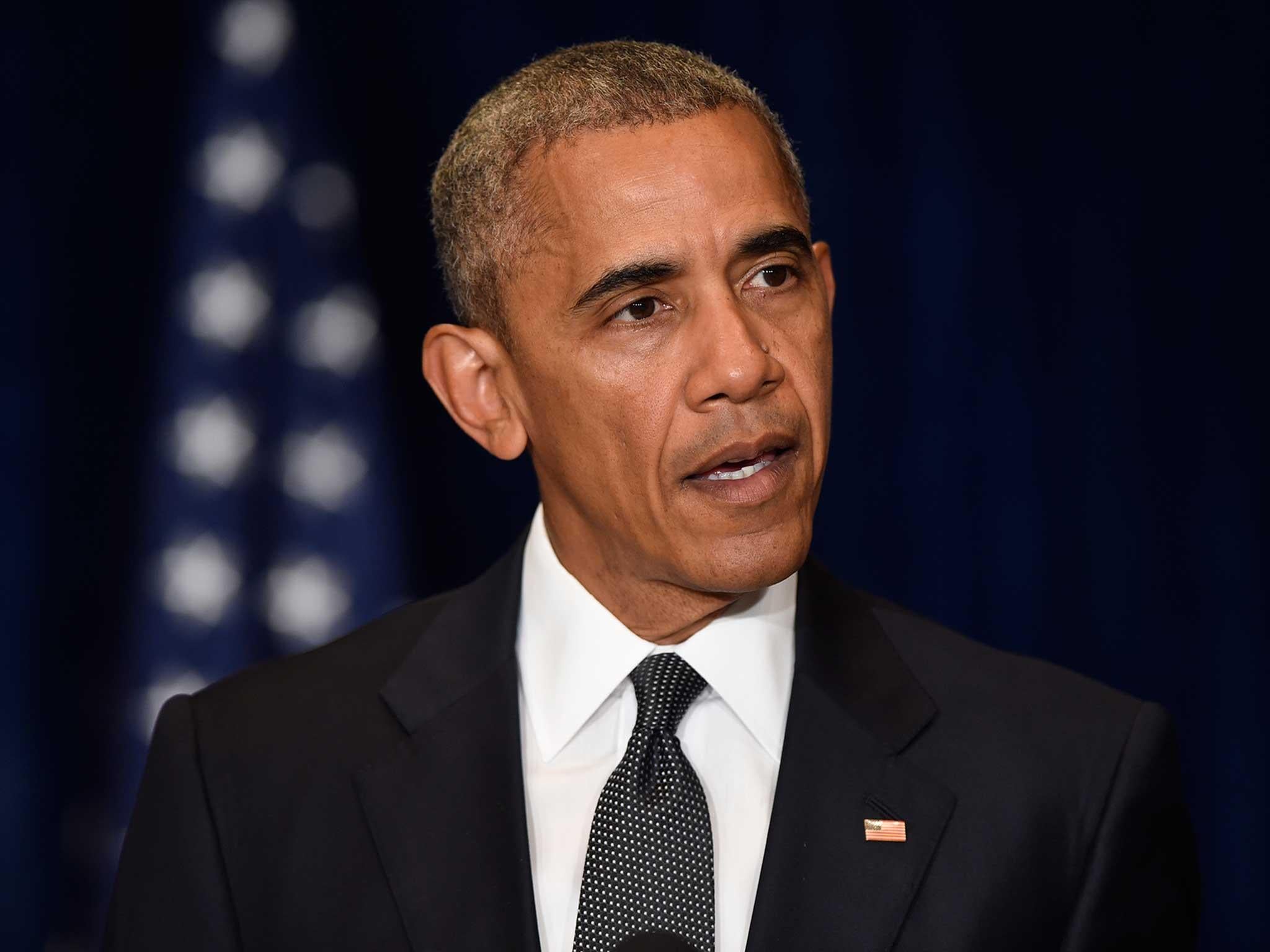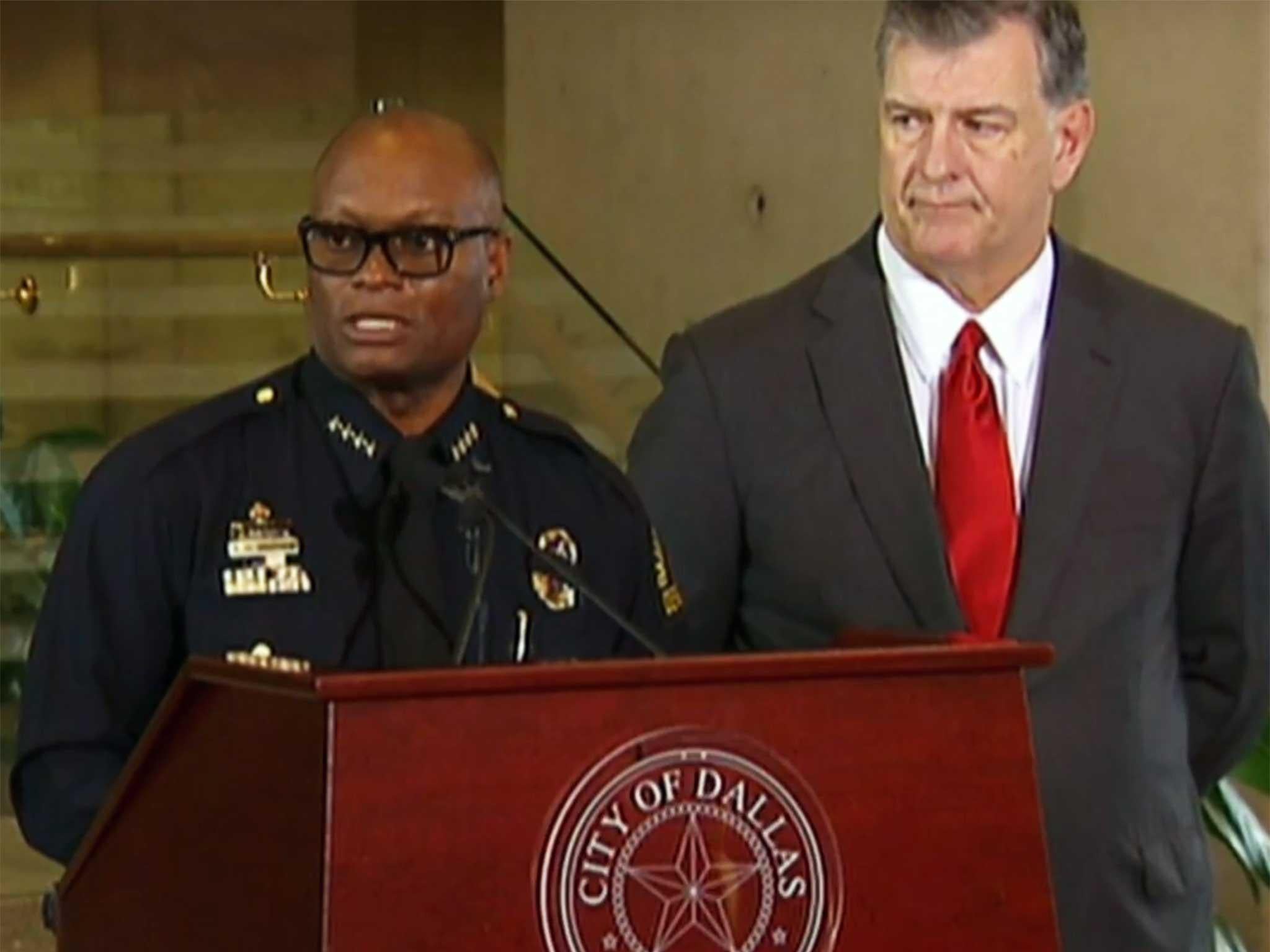Dallas shooting: This tragedy must not distract the US from fixing its racist criminal justice system
Five police officers were killed and another six were injured


Your support helps us to tell the story
From reproductive rights to climate change to Big Tech, The Independent is on the ground when the story is developing. Whether it's investigating the financials of Elon Musk's pro-Trump PAC or producing our latest documentary, 'The A Word', which shines a light on the American women fighting for reproductive rights, we know how important it is to parse out the facts from the messaging.
At such a critical moment in US history, we need reporters on the ground. Your donation allows us to keep sending journalists to speak to both sides of the story.
The Independent is trusted by Americans across the entire political spectrum. And unlike many other quality news outlets, we choose not to lock Americans out of our reporting and analysis with paywalls. We believe quality journalism should be available to everyone, paid for by those who can afford it.
Your support makes all the difference.It is very early days.
We are only just learning the name of a suspect. The city of Dallas – and the country beyond – is still stunned. The loved ones of the six slain police officers are reeling from what President Barack Obama described as a “vicious, calculated and despicable attack”. It is too early to talk with clarity, or meaning, about cause and effect.
Yet it is already clear that America has reached another milestone in its long, frustrating struggle with gun violence, and with race relations. Just as last month’s attack on the Pulse nightclub in Orlando was the deadliest mass shooting in modern US history, so Thursday night’s attack resulted in the largest loss of lives of police officers since the attacks of 9/11.

A city still trying to shake off its association as the place where US president John F Kennedy was assassinated more than 50 years ago will now have to deal with this new horror.
The only suspect whose name has emerged – in the aftermath of the shootings it was unclear precisely how many were involved – is that of Micah Xavier Johnson. Police have said that the 25-year-old army veteran was angry about the spate of killings of black and minority suspects.
It is a dark irony that he apparently decided to take out his fury by attacking officers who were on duty at a large peaceful protest against those very killings.
Dallas Police Chief David Brown told reporters this morning that during a lengthy standoff with police, the suspect – who he did not name – said he “wanted to kill white people, especially white officers”.
The killing of the officers, and the wounding of seven others, came just days after two high-profile incidents in which black men were killed by police officers in different parts of the country – their deaths caught on video.
Alton Sterling was killed on Tuesday by officers as he lay face down on the ground in Baton Rouge, Louisiana. Philando Castile was killed on Wednesday by officers in Minneapolis. The Minnesota Governor Mark Dayton asked that an investigation be handled by the Justice Department.

“Would this have happened if the driver were white, if the passengers were white? I don’t think it would have,” said Mr Dayton.
Perhaps whoever carried out the killings in Dallas believed they were acting in the name of the many black and minority people to have died at the hands of the police.
Yet the family of Mr Sterling told reporters that they rejected “reprehensible acts of violence” against the officers. When Mr Castile’s mother was asked about the attack, she told CNN she was only just learning about what had happened.
As the families of the five officers killed in Dallas – Brent Thompson and Patrick Zamarripa have so far been identified – grieve their loved ones, many will try and use the attacks to support their argument that there exists a “war on cops”.

Some police union leaders have claimed that the Obama administration and the Black Lives Matter movement – Thursday night's march was not organised by the movement – make the police feel as though they are “under siege”.
Yet the data suggests otherwise. Figures found that 2015 was one of the safest years for law enforcement in a quarter of a century. The total number of officers killed, 37, was about 20 per cent down on 2014.
“For those who seem to believe that police officers are being killed at higher rates, and that it has something to do with the protests against police misconduct, this really shows you that there’s nothing to that,” University of Pittsburgh Law professor and policing expert David Harris said last year.
It ought not need to be said, that a single police officer being injured or killed, is one too many. The officers who were killed must be mourned, an investigation must discover if others were involved in the attack or if Johnson was acting alone. Those who were responsible must be punished.
At the same time, Thursday night’s tragedy must not distract the US, a country seemingly unable to advance the issue of gun reform, from the very pressing need to overhaul a criminal justice system that is deeply flawed and discriminates against people of colour. Police forces across the country, including those responsible for the deaths this week of Mr Castile and Mr Sterling, are part of that system
The officers who were killed on Thursday died in the line of duty, honourably providing safety for the marchers demanding reform of a system that is institutionally flawed. For everybody’s sake, that change can wait no longer.
Join our commenting forum
Join thought-provoking conversations, follow other Independent readers and see their replies
Comments